Call For Unpublished Papers on the Licensing and Litigation of SEPs
The digital economy relies on information communication technology (ICT) standards to meet consumers’ demand for interoperability, connectivity and innovation. The diffusion of global standards such as 5G, Wi-Fi 6 and HEVC drives economic growth and prosperity by enabling the Internet of Things and the Fourth Industrial Revolution. However, as ICT standards become general-purpose technologies, tensions arise regarding licensing patents declared as essential for their implementation (i.e., standard-essential patents, SEPs).
Under the Fair, Reasonable and Non-Discriminatory (FRAND) licensing commitments before standard-development organisations (SDOs), SEP-holders seek remuneration from SEP implementers, which these latter sometimes resist. Against this background, the Florence Seminar on SEPs welcomes unpublished papers from lawyers and economists on the licensing and litigation of SEPs. The selected contributions will be discussed in-depth during the two-day Seminar, emphasising the societal impact of the research findings.
Suggested areas comprise:
- FRAND royalty rate calculation (e.g., transparency, entire-market value rule vs smallest saleable patent practising unit, how to set a FRAND royalty rate in new IoT verticals);
- Multi-party SEP licensing solutions (e.g., cross-licensing, patent pools, defensive patent aggregators and licensing-negotiation groups);
- Patent exhaustion and FRAND licensing across IoT verticals;
- SEP infringement and remedies;
- Jurisdictional issues of SEP disputes (e.g., applicable law, anti-suit injunctions, national judgments on global FRAND licenses);
- FRAND alternative dispute resolution mechanisms;
- Market definition and market power vis-à-vis SEPs;
- Unilateral and multilateral antitrust issues of SEP licensing and litigation.
Scientific committee:
- Marco Botta | EUI
- Ginevra Bruzzone | LUISS
- Beatriz Conde Gallego | Max Planck Institute for Innovation and Competition
- Josef Drexl | Max Planck Institute for Innovation and Competition
- Lapo Filistrucchi | EUI – University of Florence
- Igor Nikolic | EUI
- Pier Luigi Parcu | EUI
- Nicolas Petit | EUI
- Maria Alessandra Rossi | University of Chieti Pescara
Organising committee:
- Chiara Carrozza | EUI
- Niccolò Galli | EUI
Submission: Please submit extended abstracts or full papers by 31 May 2022. Acceptance notifications will be sent by mid-June 2022. Final paper versions of the selected submissions are due by 18 September 2022.


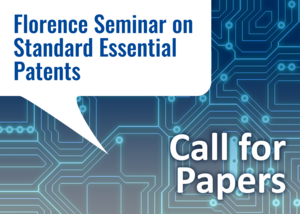

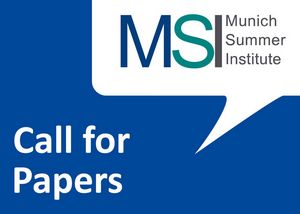

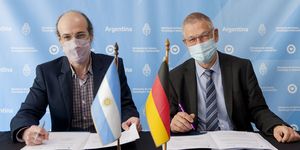
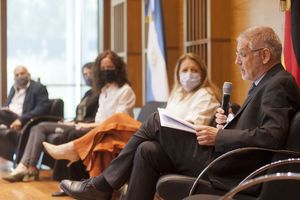
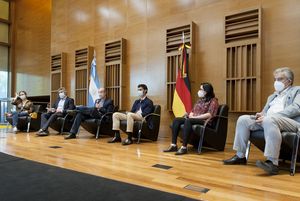

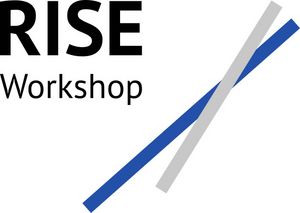
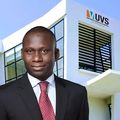
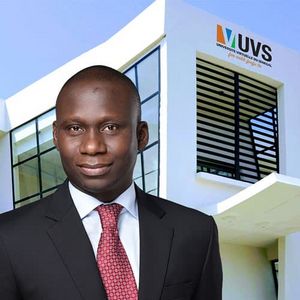
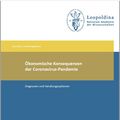
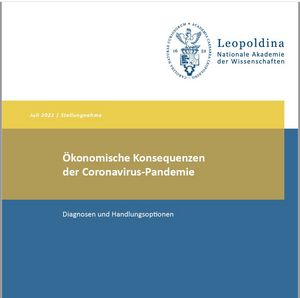
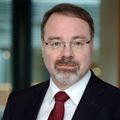
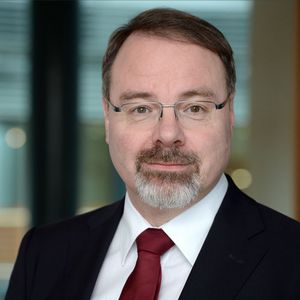
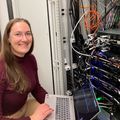
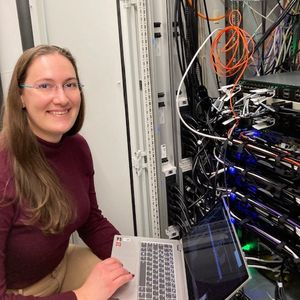
![[Translate to english:]](/fileadmin/_processed_/0/3/csm_prof_dr_gerhard_schricker_quadrat_81d8006210.png)
![[Translate to english:]](/fileadmin/_processed_/0/3/csm_prof_dr_gerhard_schricker_quadrat_bfc264e41b.png)